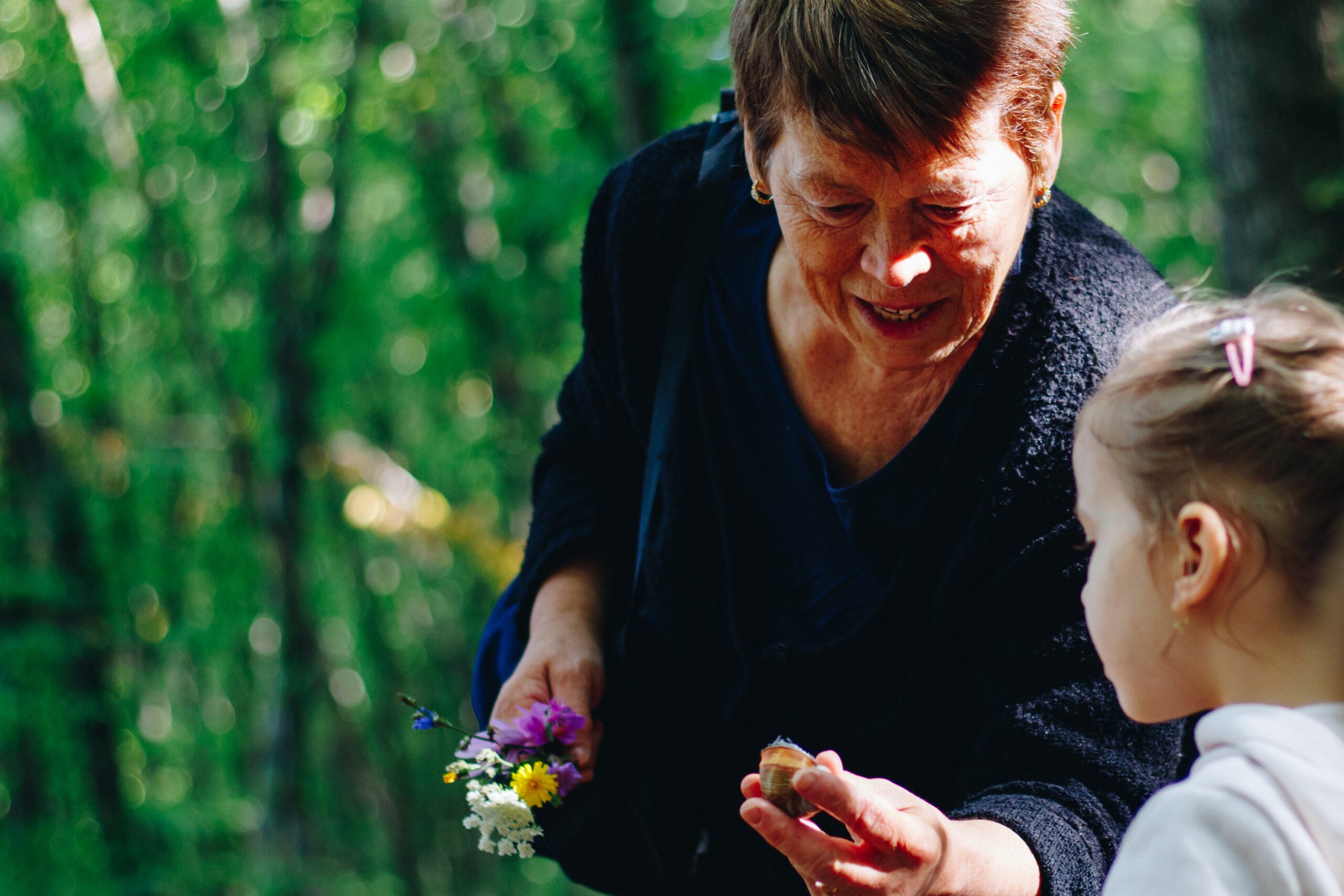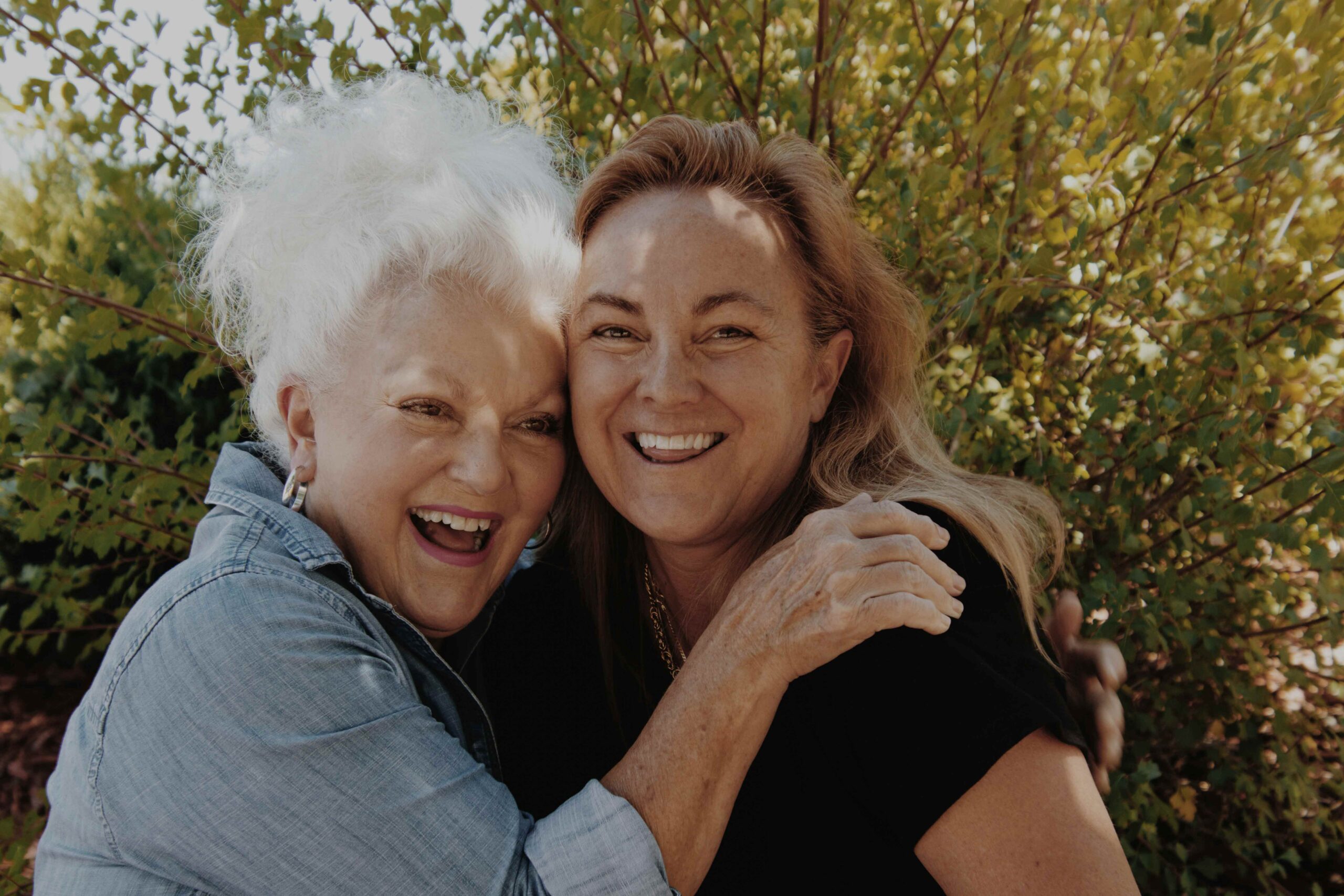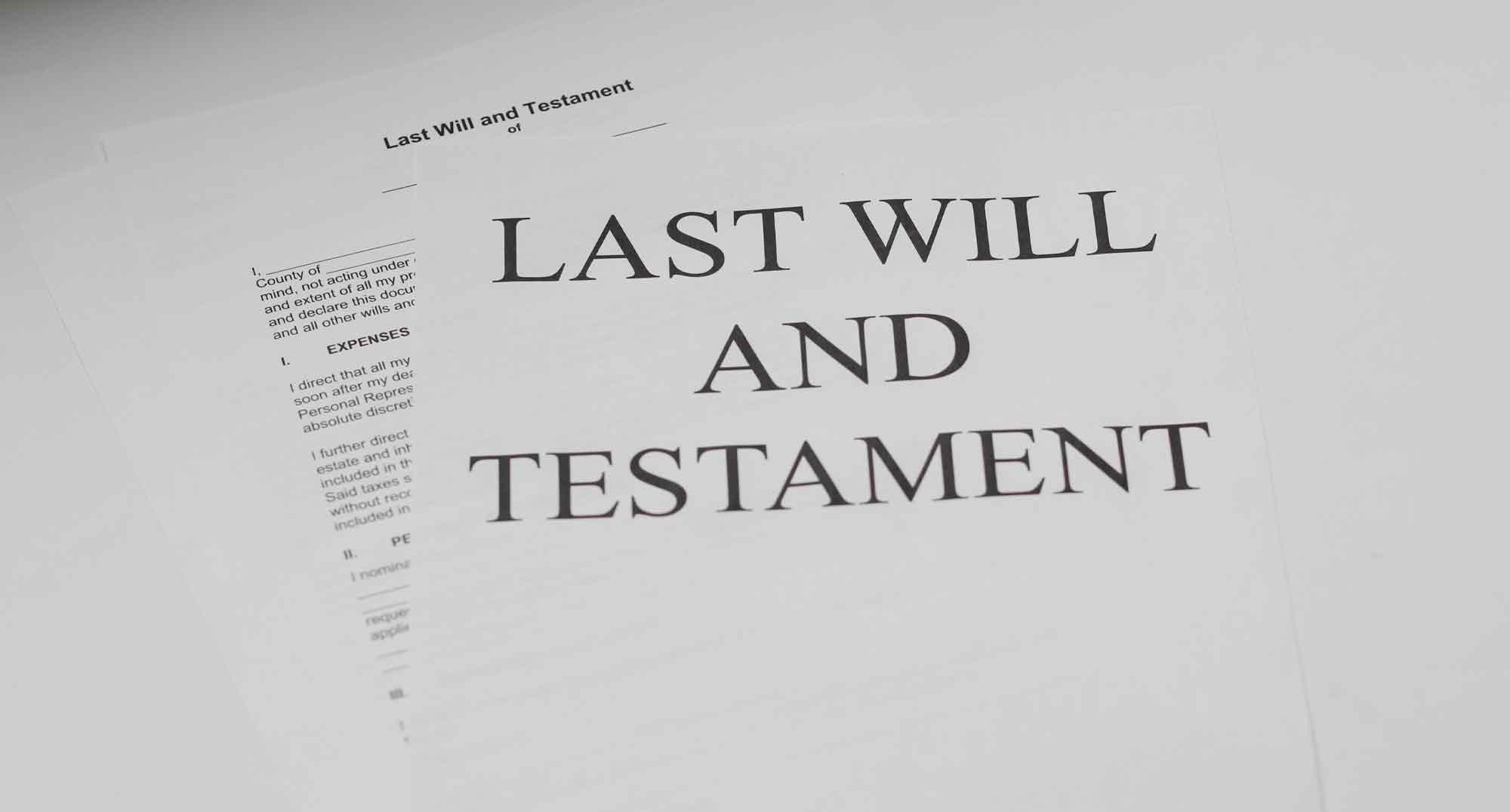Aging Graciously in an Anti-Aging Culture
ELIZABETH TURNAGE | CONTRIBUTOR Gray hair is a crown of glory; it is gained in a righteous life. (Prov. 16:31) Geriatrician Louise Aronson believes there is a “disconnect between the reality of old age and our beliefs about it.”[i] She describes society’s negative view of old age: “to look at old age and see only bodily decline, forgetting that inside the body is a fellow human being.”[ii] Aronson invites us to foster a worldview toward older adults that says: “We still see you, and we still like, love, respect, admire, and are inspired by you, both for who you were and who you are….”[iii] When older adults believe that they are seen, known, and loved, they live fully and graciously as they age. Aronson is not a Christian, and yet, her words challenge Christians to consider what it means to age graciously in an anti-aging culture. To do so, we must consider a biblical view of aging and God’s call to both the young and the old to live all of our days with the hope of glory. A Biblical View of Aging: Normalcy, Losses, and Benefits of Aging In the Bible, aging is assumed: “Aging and dying were considered to be natural, expected, even providential processes that were ordained and guided by God rather than discrete chronological stages of human development.”[iv] Genesis 15:15 states that Abraham would be “buried in a good old age.” Psalm 90:10 proclaims that our lives are fleeting: “The years of our life are seventy, or even by reason of strength eighty . . . they are soon gone, and we fly away.” For this reason, we should “number our days” (v. 12), making the most of each one. While the Bible assumes that aging is natural, it doesn’t glamorize it. Ecclesiastes 12 portrays the losses of aging graphically, even dismally. Using poetic language and imagery, the author details many casualties of aging, including weak hands trembling, teeth falling out, eyesight dimming, fears worsening, and mourning and grief increasing (vv. 3, 5). Despite this suffering and loss, aging does have benefits, according to Scripture. For example, it can lead us to anticipate our heavenly dwelling more eagerly: “We know that if the tent that is our earthly home is destroyed, we have a building from God, a house not made with hands, eternal in the heavens” (2 Cor. 5:1). In the Bible, aging also brings honor—it is an honor to be aged, and the aged are to be honored. The fifth commandment promises that honoring your father and mother leads to a lengthy life (see Ex. 20:12). Members of the church are exhorted to encourage older men and women and to honor widows (see 1 Tim. 5:1–3). Jesus rebukes the Pharisees for failing to care well for their parents (see Mark 7:9–13). According to the Bible, ageism is unacceptable. In a world that urges us to resist aging, we must recapture the biblical view of the subject. As we do so, we will learn how to number our days, that we may gain a heart of wisdom...










